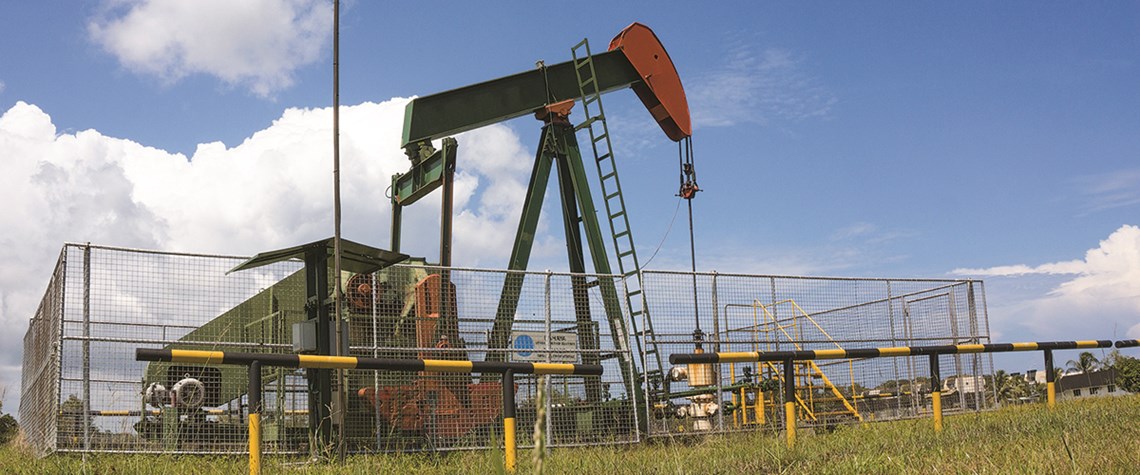Malaysia committed, Brunei could waver
Both have pledged to the cuts, but falling public service subsidies could make Brunei jump ship
Non-Opec members Malaysia and Brunei appear to be sticking to commitments made to reduce production from 1 January. But if no appreciable gains are made in crude prices in the next six months, expect at least one of them to start wavering. In Brunei, the Energy and Industry Department at the Prime Minister's Office confirmed that it has voluntarily adjusted crude oil production from 1 January 2017 for an initial six months. No information was provided on the volume but it is expected to be around 4,000 barrels a day, compared with production of 200,000 b/d last year. Brunei's problem is that oil exports are one of the country's sole sources of revenue and subsidise a host of domestic needs i

Also in this section
1 August 2025
A number of companies have filed arbitration claims against Gazprom over non-deliveries of contracted gas or other matters—and won. The next step is to collect the award; this is no easy task but it can be done thanks to an international legal framework under the New York Convention.
1 August 2025
Europe’s refining sector is desperately trying to adapt to a shifting global energy landscape and nowhere is this more apparent than in its largest economy
1 August 2025
The Middle East natural gas playbook is being rewritten. The fuel source offers the region a pathway to a cleaner, sustainable and affordable means of local power, to fasttrack economic development and as a lucrative opportunity to better monetise its energy resources.
31 July 2025
TotalEnergies is an outlier among other majors for remaining committed to low-carbon investments while continuing to replenish and expand its ample oil and gas portfolio, with an appetite for high risk/high return projects.








